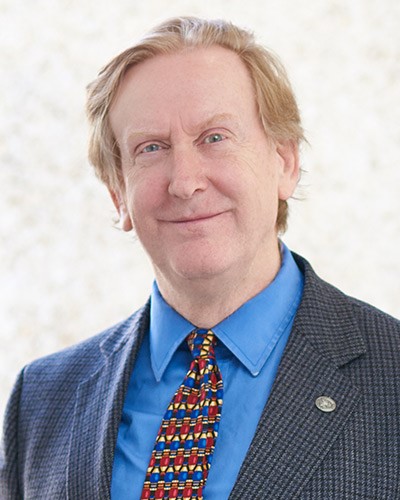| |
|
 |
| |
|
Richard Gunderman, MD, PhD
|
By Richard Gunderman, MD, PhD
ISMA President-elect
ISMA Wellness Steering Committee Chair
The most requested article in the history of the Harvard Business Review is Frederick Herzberg’s 1968 essay, “One More Time, How Do You Motivate Employees?” Among Herzberg’s most notable ideas are job enrichment and motivator-hygiene theory. Although both are largely unknown among physicians, his concepts have broad relevance to the profession of medicine, where they would be better expressed as professional fulfillment and sources of demotivation and motivation.
If we want our patients, communities, and colleagues to be looked after as effectively as possible, we need to pay close attention to Herzberg. As he expresses his core message, “If you want people to do good work, you need to give them good work to do.” By enriching the work of physicians, we can reduce burnout, enhance quality, and promote genuine fulfillment in everything physicians do, including patient care, education, research, and service.
Central to Herzberg’s thinking is an asymmetry. Demotivation is not simply the absence of factors that motivate, and motivation is not simply the removal of factors that demotivate. Too often, our organizations fail to understand the difference and end up falling short of our aspirations.
What are the demotivators in medicine? They include policy and administration, supervision, working conditions, salary, status, and security. If physicians feel subjected to perverse or unfair policies, or we do not respect our leaders, motivation will suffer. Likewise, if we feel that we are underpaid, that our position does not fairly reflect the magnitude of our contribution, or that the security of our job is under threat, we will tend to become discouraged.
However, and this is important, it is unlikely that we can enhance the fulfillment physicians find in practicing medicine by revising the policies and procedures manual, hiring more capable leaders of medical practices and healthcare organizations, replacing the carpet or even the medical information system, providing larger compensation packages, giving physicians more impressive sounding titles, or writing long-term, ironclad employment contracts. We must also attend to the motivators, the factors that enhance fulfillment in the work we do.
These motivators include achievement, recognition, responsibility, growth, and the nature of the work itself. From what do we derive our sense of achievement? For most of us, it means knowing that we have done our job well, as well as the genuine sense of flourishing that comes with it. Does our work challenge us sufficiently and provide us with opportunities to know that we have excelled?
Recognition might mean winning a prestigious award or securing a plum promotion, but for many of us, an appreciative email, card, or simply spoken words from a patient, family member, or colleague provide the deepest sense that we have made a difference. Every physician can enhance recognition in work by seizing opportunities to share it with our colleagues, which could be as simple as saying, “You did great work there.”
Another key motivator is responsibility. Are physicians treated as mere functionaries, the front-line employees who carry out tasks that are designed and assessed by superiors, or do we bear a substantial amount of responsibility for deciding what work to do, how it gets done, and assessing whether it has been done well? Generally, physicians are as highly educated, self-motivated, and experienced as anyone in our organizations, and it is vital that we bear the trust to work well.
It is equally vital that physicians grow through work. One of the great enemies of professional fulfillment is stagnation, the sense that we are merely putting in the hours in ways that do not challenge us or foster our growth as professionals and human beings. If we become so preoccupied with ticking boxes that we do not have time to learn new things, a crucial opportunity for growth is wasted.
Most important of all is the nature of our work. If we have good work to do, it means that we enjoy opportunities to see and savor for ourselves not how much revenue we generate or how high we rise in an organizational hierarchy, but the difference we are making in the lives of others.
When the profession of medicine is thriving, it is a privilege to be a physician. We are called upon each day to develop and express many of the essential human excellences – compassion, integrity, courage, trustworthiness, dedication, and curiosity, among others. Doing our jobs well means having the best of which we are capable –- intellectually, ethically, and spiritually –- drawn out of us, with the opportunity to enrich the lives of others.
Demotivators and motivators both require attention, but they require different kinds of attention, and for different reasons. We can reduce demotivation considerably by fixing things that are broken, but we must also work to enhance motivators and the fulfillment to which they give rise. We must, in short, diligently advocate for excellence in medicine.